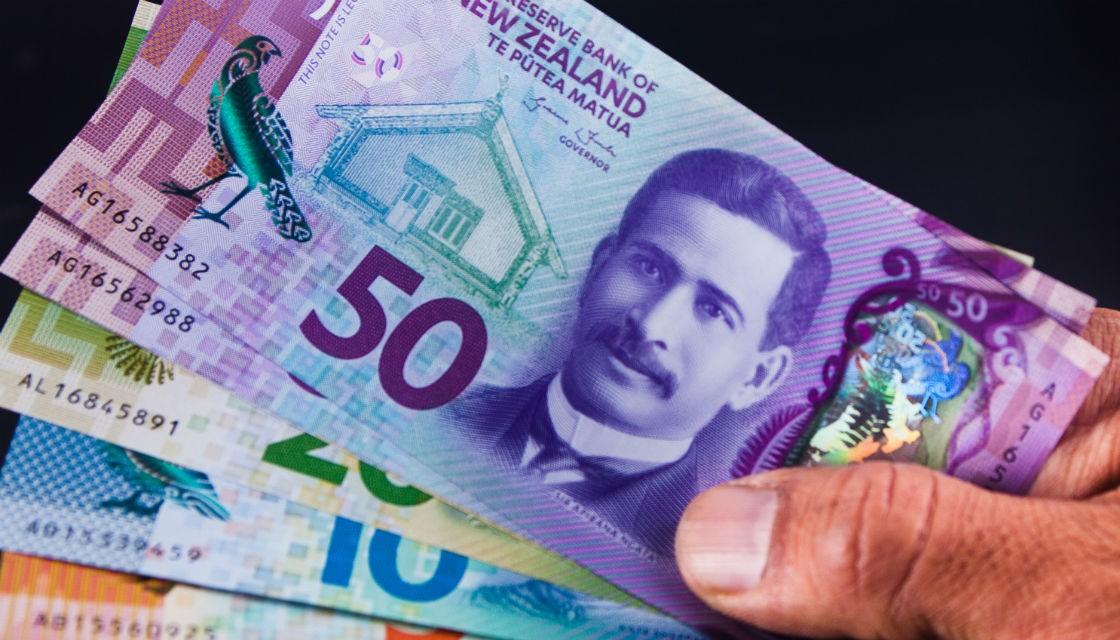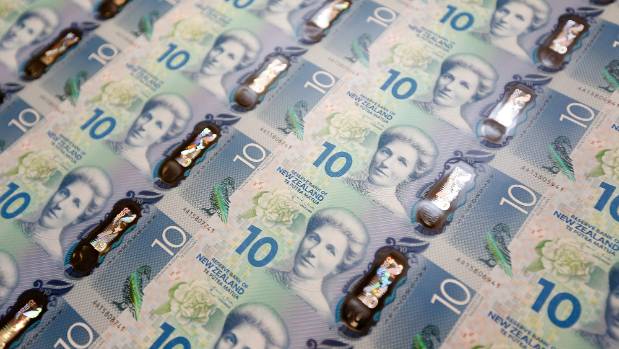People Working In New Zealand Are Entitled To A Higher Minimum Wage From April 2018
The increase will benefit approximately 164,000 workers.
A new wage structure came into effect in New Zealand on 1 April
The minimum wage has increased to NZD16.50 (about RM46.15) per hour, up by NZD0.75 from the previous rate of NZD15.75 per hour (about RM44).
The move is part of the New Zealand Government's plans to further increase the minimum wage to NZD20 per hour by 2021.
The Ministry of Business, Innovation and Employment's website, Employment New Zealand, stated that "minimum wage rates apply to all employees aged 16 and over, who are full-time, part-time, fixed-term, casual, working from home, and paid by wages, salary, commission or piece rates (some exceptions)."
According to Workplace Relations Minister Iain Lees-Galloway, the increase would benefit about 164,000 workers and their families, injecting NZD129 million into the economy in a year.
The minimum wage increase has been welcomed by the New Zealand Tourism Industry
In a statement on 29 March, Tourism Industry Aotearoa Chief Executive Chris Roberts backed the government's move to increase minimum wage rates, which is part of running a sustainable business as staff are treated fairly.
"Our industry needs to be committed to providing sustainable employment to its staff, and paying workers fairly is part of this," Roberts said in the statement.
"We need to attract quality, skilled people to work in the tourism industry, so we must offer appropriate wages and attractive conditions. This includes striving to offer permanent positions and training opportunities," he added.
New Zealand Council of Trade Unions has also expressed their support for the implementation of the new wage structure
NZ Herald reported its president Richard Wagstaff as saying that the minimum wage increase in April and the future plans to hike it up to NZD20 are essential so that employees in New Zealand are paid fairly.
"We support the rise in the minimum wage to NZD20 per hour in 2021, because it will bring it closer to a living wage, the amount that is needed for working people and their families to actively participate in their communities," Wagstaff said.
"Real wages are falling behind productivity increases so the minimum wage is not the only tool we need to ensure all New Zealand working people receive fair incomes. That's why we think better arrangements for collective bargaining are essential," he added.
Nevertheless, there were also concerns over how the minimum wage increase would affect small businesses
There have been arguments that small businesses In New Zealand will feel the greatest impact following the implementation of the new minimum wages, especially when there are plans to eventually raise it to NZD20 per hour in the next few years.
NZ Herald quoted Xero country manager Craig Hudson as saying that the new minimum wages "will put pressure on the bottom line for some small businesses".
While Hudson agrees that it will affect the small businesses, he also pointed out that the wage increase was an opportunity to address productivity.


